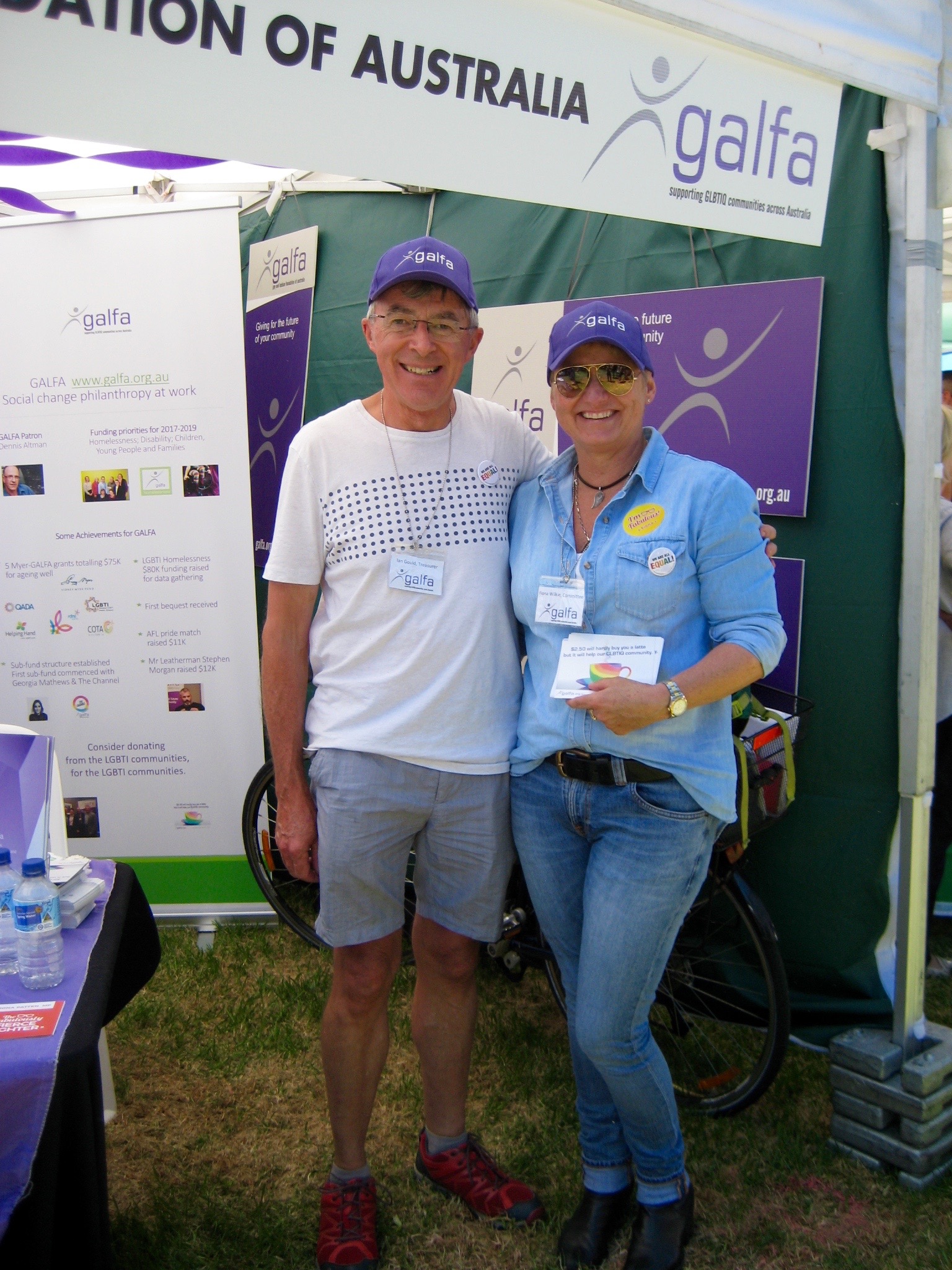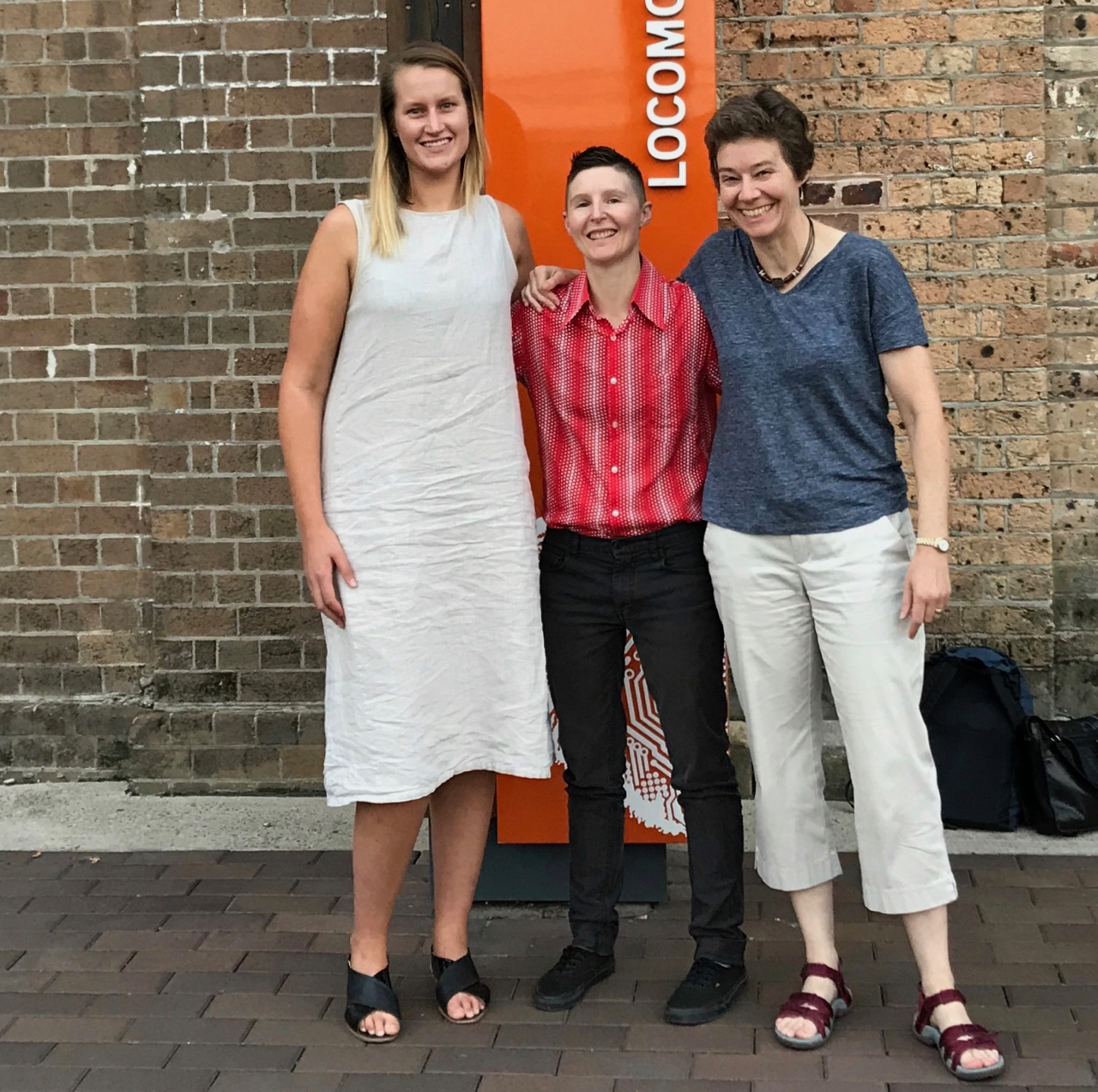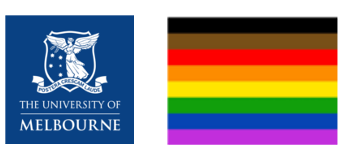Our projects began in January 2016 with a piece of research that was initiated by the Gay and Lesbian Foundation of Australia (now the Pride Foundation Australia).
 The initial collaborative, Victorian-based research project was designed to understand the drivers into and out of homelessness for lesbian, gay, bisexual, trans, intersex, and queer or questioning (LGBTIQ) people. The specific aims were to:
The initial collaborative, Victorian-based research project was designed to understand the drivers into and out of homelessness for lesbian, gay, bisexual, trans, intersex, and queer or questioning (LGBTIQ) people. The specific aims were to:
- Identify contributors and pathways into and out of homelessness for LGBTIQ people
- Investigate their experiences of current homelessness service provision
- Look at current practice and best practice (including data collection) for homelessness services to be LGBTIQ inclusive
- Make the project findings available to influence homelessness and mental health policy initiatives, services, and training on specific issues for LGBTIQ people.
The researchers included two teams, based at the University of Melbourne and Swinburne University of Technology. Our methods included hearing perspectives of staff at selected service providers, hearing perspectives of people who identify as LGBTQ and have experienced homelessness, and conducting a secondary data analysis of the national Journeys Homesurvey (developed by Melbourne Institute of Applied Economic and Social Research) and the 2014 General Social Survey (coordinated by the ABS). Given the range of gender identities and sexual orientations expressed by participants in this project we decided to use LGBTQ as our acronym. We removed I for intersex because although the project was open to people who have an intersex variation, intersex experiences were not discussed by participants that we interviewed, and the JH survey and GSS did not ask about intersex variations. The final report and executive summary are available here.
A second project began in August 2016, after securing a grant from Community Sector Banking.

The aim of this project – a collaboration between The University of Melbourne, GALFA, Transgender Victoria, Launch Housing, and Drummond Street Services – was to develop and pilot test a model of care specifically to support trans and gender diverse (TGD) people who are experiencing, or are at risk of, homelessness in Victoria.
Four distinct sites within a major mainstream homelessness service provider (Launch Housing) were chosen for this pilot, including an initial access point, women’s only crisis accommodation, mixed crisis accommodation, and a youth-focused service. The model of care was informed by:
- Existing data collected through the initial research project
- A community reference group
- International best practice, and
- The Rainbow Tick accreditation scheme for training on LGBTI inclusivity, which is designed to ensure inclusive LGBTI practice in health services.
The training resource sets out a specific model for organisations that deliver services to trans and gender diverse people, and provides information and links to key resources, corresponding Rainbow Tick Standards, training suggestions, and examples of relevant service types for 9 areas. The final report is available here.
In 2017, the research team at the University of Melbourne and La Trobe University were fortunate to receive a VicHealth Innovation Research Grant in order to pilot a LGBTIQ safe housing network in Victoria. The aims of this project were:
- To develop a safe housing network (including referral pathways and resources) in Victoria for people who identify as LGBTIQ and are at risk of homelessness
- To pilot the network in two areas of Victoria, one urban and one rural/regional
- To explore the impacts of this network in urban and rural/regional pilot sites for participants, peer support and case workers, and service providers in urban and rural/regional pilot sites.
The two pilot sites included Uniting Care in Shepparton and Drummond Street Services in Carlton. The findings are available here.
Through funding from the National LGBTI Health Alliance and Pride Foundation Australia furthermore, the team at the University of Melbourne also began consulting with representatives across states and territories in Australia to develop a national guide for the housing and homelessness sectors on LGBTIQ+ inclusive practice. The LGBTIQ+ Inclusive Practice Guide for Homelessness and Housing Sectors in Australia has now been completed. The national inclusive practice guide has also been adapted for sector training in Victoria and New South Wales.
After receiving a Churchill Fellowship in 2020 from the Winston Churchill Trust, Dr Cal Andrews is investigating a range of specialised LGBTIQ+ homelessness services in the United States, Canada, and the United Kingdom, including implications for improved service provision in Australia.
